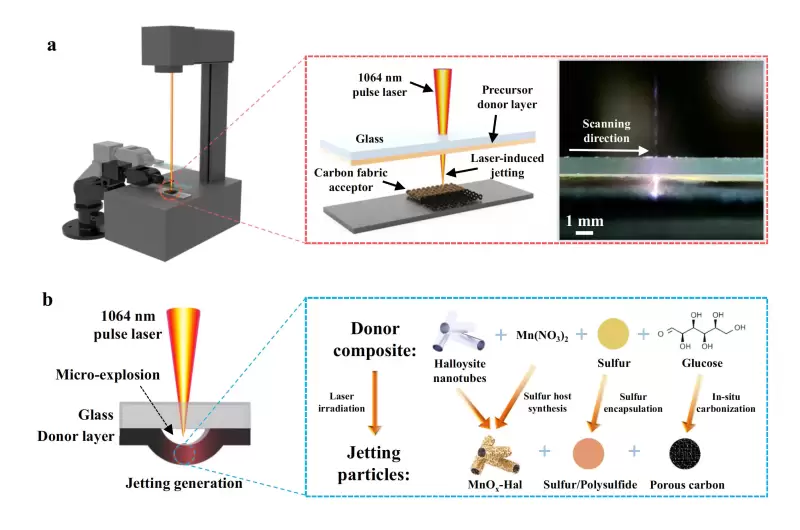 |
|
 |
|
 |
|
 |
|
 |
|
 |
|
 |
|
 |
|
 |
|
 |
|
 |
|
 |
|
 |
|
 |
|
 |
|
Cryptocurrency News Articles
PayPal Plans to Offer Users a 3.7% Return If They Hold the Company's PYUSD Stablecoin
Apr 23, 2025 at 09:58 pm
PayPal plans to offer users a 3.7% return if they hold the company's PYUSD stablecoin in their PayPal or Venmo wallets, according to a Bloomberg report.
PayPal is planning to offer users a 3.7% return if they hold the company’s PYUSD stablecoin in their PayPal or Venmo wallets, according to a Bloomberg report.
The company is aiming to launch the offering this summer in the United States.
It is part of broader efforts by the company to encourage adoption of the stablecoin on the PayPal network.
The company launched its stablecoin in November and it is fully backed by U.S. bank deposits and short-term Treasury securities.
The report said that the offering will see rewards accrue daily and be paid out monthly.
It is the latest development in the fast-moving world of crypto derivatives.
Currently holders of the USDC stablecoin on Coinbase can earn 4.1% rewards in the United States.
Coinbase had a half ownership stake in USDC, until transferring it to Circle. But it still earns more interest on the stablecoin’s assets than Circle, according to Circle’s IPO filing.
In some jurisdictions such as Europe, stablecoins are considered to be e-money which is not allowed to earn interest.
Draft US stablecoin legislation would prohibit interest
Draft legislation for stablecoins is currently being debated in both the House (STABLE Act) and the Senate (GENIUS Act).
Both the latest legislation drafts included clauses banning the payment of interest or yield by the issuer to stablecoin holders. The likely rationale is to safeguard bank deposits. If banks have to pay more to deposits holders, then loans will get more expensive.
However, Coinbase is not the issuer of USDC, so technically it may be free to pay interest, even though it receives the interest on the underlying assets. And PayPal’s stablecoin is issued by Paxos, despite PayPal recently receiving a New York trust charter. Of course, Paxos will pay most of the interest on the reserves to PayPal.
So, if legislators really don’t want to see interest paid on stablecoins, they may need to apply the ban on interest more broadly. Potentially it won’ bậtcoin will be able to pay interest.
Earlier this year, Figure announced a new token that is being registered with the SEC as a security and will pay interest to investors.
Disclaimer:info@kdj.com
The information provided is not trading advice. kdj.com does not assume any responsibility for any investments made based on the information provided in this article. Cryptocurrencies are highly volatile and it is highly recommended that you invest with caution after thorough research!
If you believe that the content used on this website infringes your copyright, please contact us immediately (info@kdj.com) and we will delete it promptly.
-

-

-

-

-

-

- Bitcoin (BTC) Faces Critical Test: Will the Yearly Open Flip from Support to Resistance?
- Apr 24, 2025 at 03:00 am
- Bitcoin's price has recently found itself near a critical juncture, as it trades close to its yearly open. This level, which was once a robust support, could now play a pivotal role in determining the next phase of Bitcoin's market trajectory.
-

- A research team has developed an innovative single-step laser printing technique to accelerate the manufacturing of lithium-sulfur batteries.
- Apr 24, 2025 at 02:55 am
- Integrating the commonly time-consuming active materials synthesis and cathode preparation in a nanosecond-scale laser-induced conversion process, this technique is set to revolutionize the future industrial production of printable electrochemical energy storage devices.
-

-






























































